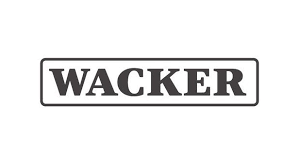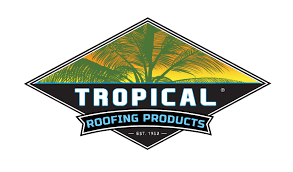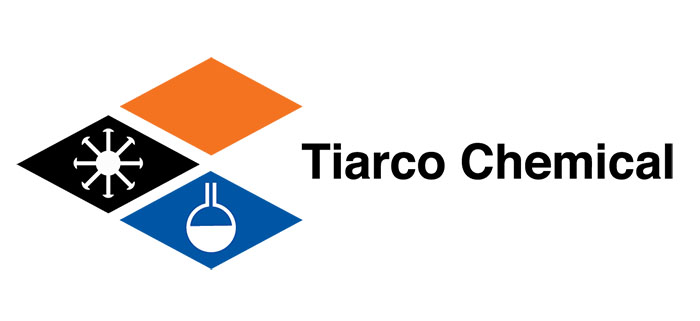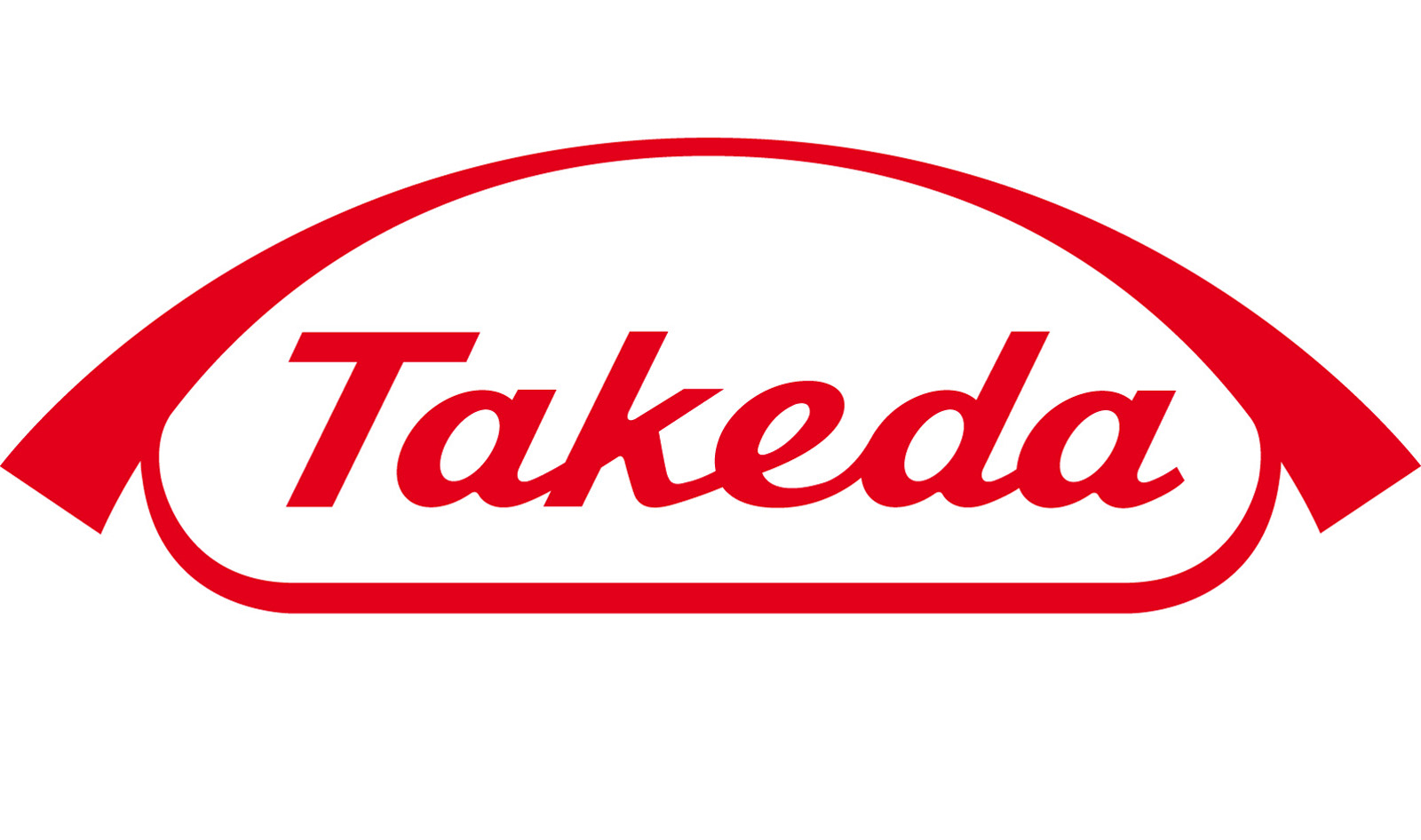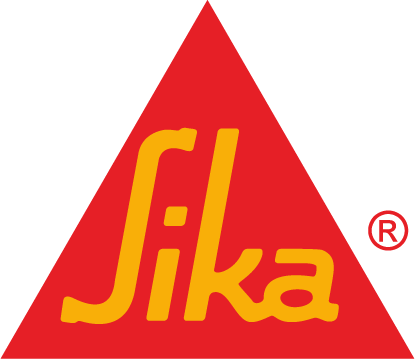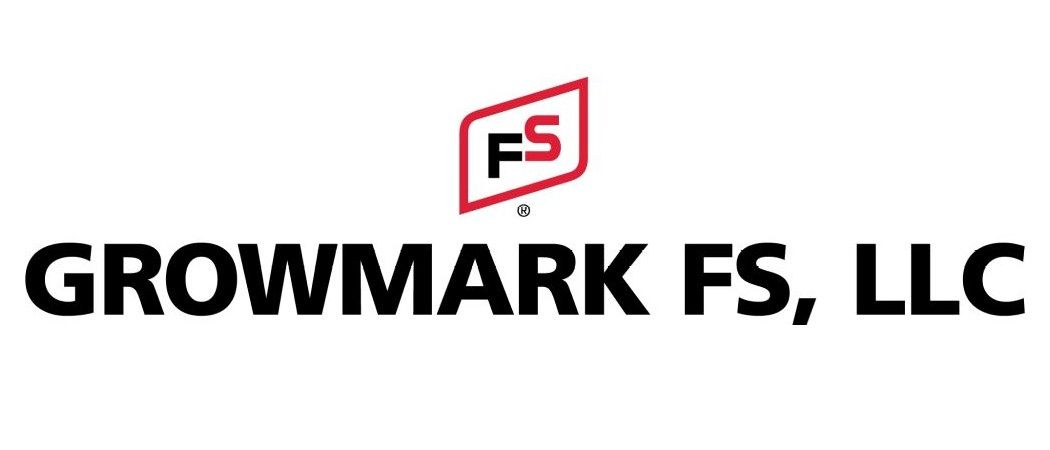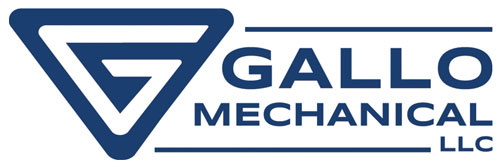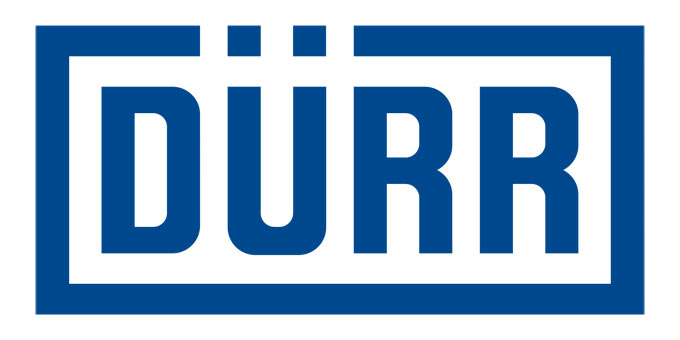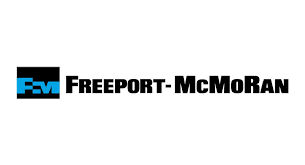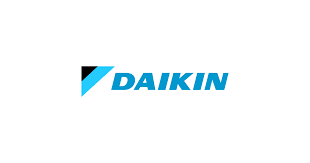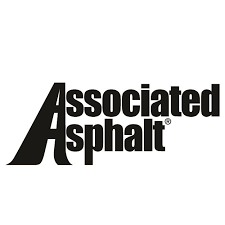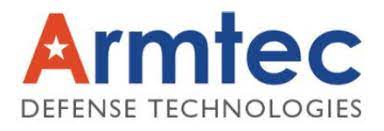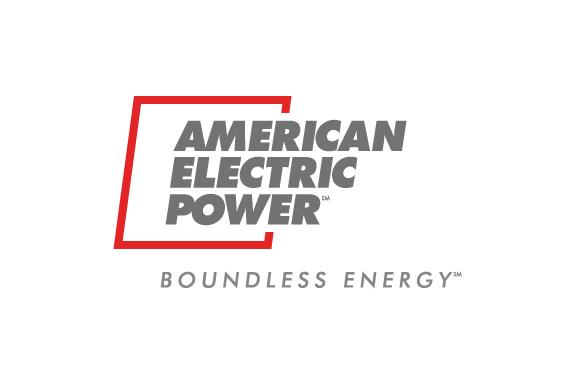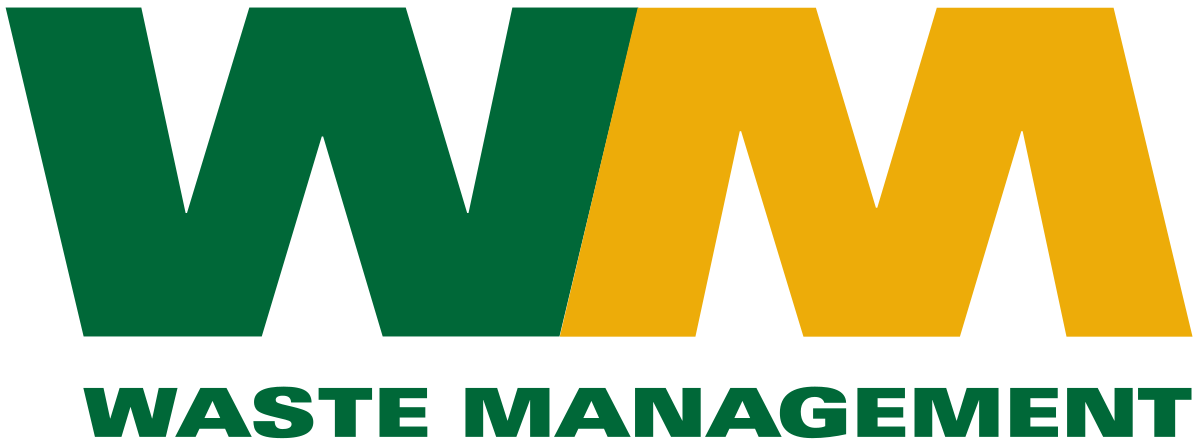Asset Management
Asset Integrity Management systems define the capability of a fixed asset to perform as designed in a safe and reliable fashion. InServe can deliver Asset Management solutions that can increase the reliability and safety of your facility.
Asset Management Consultant
Realizing Greater Value From Existing Assets
Asset management encompasses how decision-makers manage their facility and physical equipment, how employees work, the risks and expenditures the organization takes, and more. InServe’s Asset Management Consultants help evaluate the way facilities buy, build, work, maintain, inspect, plan, and replace and find ways to make a good thing even better.
Asset Management Benefits
We take a systematic approach to helping facility managers, organization leaders, and government agencies establish processes that improve safety and increase asset longevity. These benefits result:
- Policies and protocols align with entity goals and objectives
- Regulation compliance improves
- Regularly monitored systems work reliably
- Life cycle costs decrease
- Engineering Consultation and Evaluations
- Run & Maintain Onsite Certified Inspectors and Technicians
- On-Stream Inspections
- Procedure Writing and Review
- Component Inspection & Testing
- Flange Management Programs and Inspections
- Risk-Based Inspection (RBI) Development, Implementation, and Execution
- Maintenance Optimization
- Data Digitization and Management
- Software Consulting and Solutions
Make your inspection schedule based on risk for cost-effective operations.
Identify and fix problems before they disrupt operations and productivity.
Adjust equipment and processes that could threaten personnel or create liability.
Storage Tank Inspections
Asset Management
Coatings & Linings
Maintenance & Repair
Need A Bid?
We’re excited about forming new relationships and solving problems, let us know how we can help by clicking the button below and getting a quote for your solution.
Client Success Stories
Hear from Our Satisfied Customers
What We Do
Plant & Refinery Solutions
No matter your size or location, our experts can help you.
1
We Serve
Downstream
2
All Sizes
Midstream
3
Small To Large
Upstream
Frequently Asked Questions
Asset Management Questions
Asset management is making the most of what you currently own by refining how you buy, use, maintain, evaluate, and retire or sell assets to eliminate waste and maximize profit. It allows owners to keep track of assets and manage risk.
We offer asset management in the United States and Canada. We specialize in providing services to the pharmaceutical, oil refinery, chemical plant, power plant, aerospace manufacturing, and automotive industries.
Above ground storage tanks (ASTs) are subject to federal, state, and local regulations and most must also meet EPA’s Spill, Prevention, Control, and Countermeasure (SPCC) requirements. Our experts stay on top of ever-changing regulations so we can advise you on those specific to your region or equipment type.
Asset management is extremely valuable due to the nature of the industries we serve. Almost all of them have expensive manufacturing and processing equipment, storage tanks, and pipelines that take money to maintain. It also decreases in value over time, and takes up significant amounts of space when not in use. We identify issues that accelerate deterioration, create safety risks, drive up storage costs, reduce productivity and more so clients spend less and make more.
Asset management is extremely valuable due to the nature of the industries we serve. Almost all of them have expensive manufacturing and processing equipment, storage tanks, and pipelines that take money to maintain. It also decreases in value over time, and takes up significant amounts of space when not in use. We identify issues that accelerate deterioration, create safety risks, drive up storage costs, reduce productivity and more so clients spend less and make more.
Visit with one of our asset management consultants to find out how we can help you get the most use out of your resources and see the best possible financial return on your investment. Contact us today!
Trusted By



